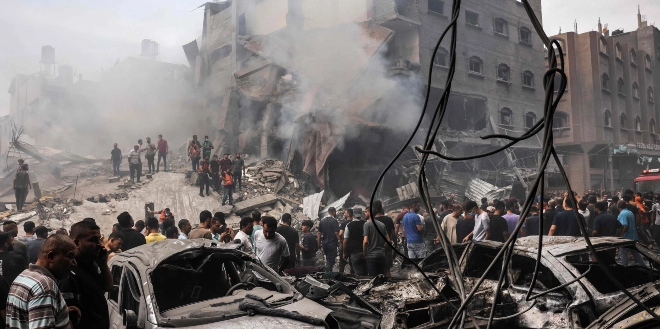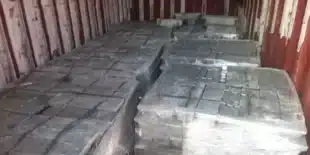The mayor of Kfarkila, Hasan Sheyyet, reported that the civilian was killed in his garden during an Israeli artillery strike on Wednesday. The victim was described as a non-partisan civilian.
The National News Agency identified the deceased as Hasan Ali Tawil, who was fatally wounded near his home in Kfarkila due to an Israeli artillery shell.
Since the beginning of the conflict between Hamas and Israel on October 7, there has been almost daily cross-border fire involving Israel’s army and Hezbollah in Lebanon. Hezbollah has stated its actions are in support of Gaza, targeting Israeli military sites.
In response, the Israeli army has conducted air and artillery strikes aimed at Hezbollah’s infrastructure and movements along the border.
Hezbollah recently mourned the loss of one of its fighters, who was killed in an Israeli strike on his home in Kfarshouba.
The escalation at the border has led to significant casualties. According to AFP, 188 people have been killed in Lebanon, including 141 Hezbollah members and over 20 civilians, with three journalists among the deceased. In contrast, Israel has reported 14 casualties, including nine soldiers.
The situation has been further intensified by the recent killings of high-profile figures. Saleh al-Aruri, Hamas’s deputy leader, and six colleagues were killed in an airstrike in Beirut, and top field commander Wissam Tawil was killed on Monday. Hezbollah attributes both incidents to Israel, fueling concerns of a broader conflict.
Hezbollah announced a forthcoming address by its leader Sayyed Hassan Nasrallah to commemorate Tawil.
Western diplomats, including German Foreign Minister Annalena Baerbock, have been actively engaging in Beirut to encourage restraint and seek solutions, focusing on the disputed border area. Baerbock emphasized the need for de-escalation along the UN-drawn Blue Line from 2000.
U.S. envoy Amos Hochstein is scheduled for talks in Beirut, and EU foreign policy chief Josep Borrell, who met with Hezbollah representatives, has emphasized the importance of preventing Lebanon from being drawn into a wider regional conflict.


